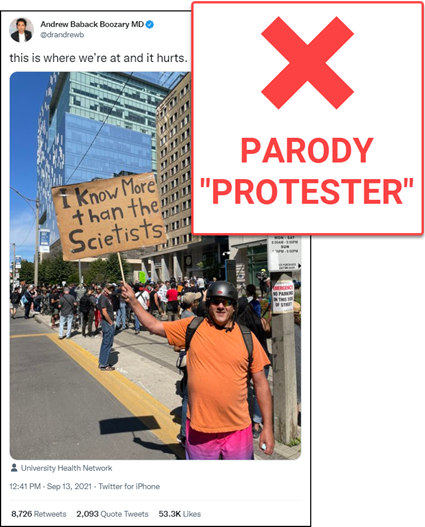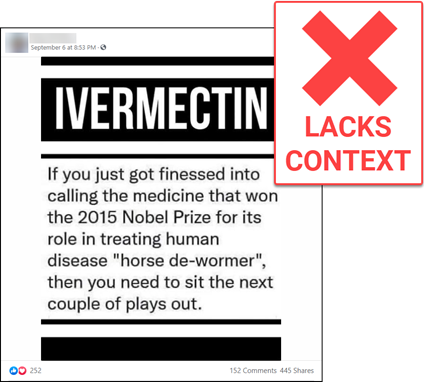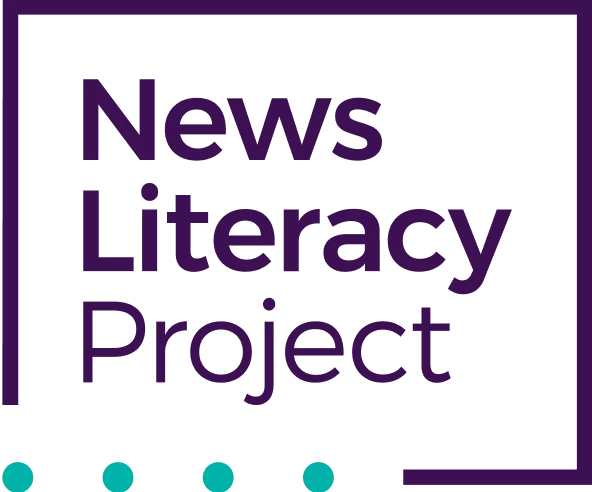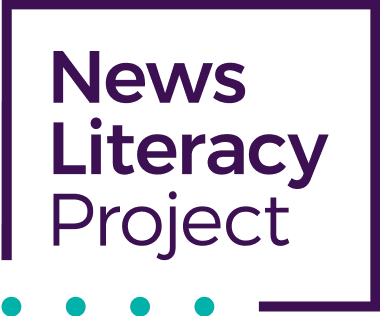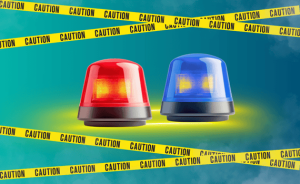|
Top picks
 |
An ongoing blockbuster investigative series by The Wall Street Journal called “The Facebook Files” shows how the company internally acknowledges problems that it publicly denies or downplays — and is hesitant to address. Based on internal Facebook documents, the series exposes a program at the company that gives prominent, influential users broad latitude or exemption from its rules. It also shows that Facebook has substantial internal research showing that Instagram (which it owns) causes teens — and especially teen girls — to feel worse about themselves, and increases anxiety, depression and harmful behaviors. The investigation also explores the way a 2018 algorithm change rewarded polarizing content, prompting publishers and even political parties to tailor their content for outrage, and how the company failed to rein in criminal activity and widespread anti-vaccine rhetoric.
Related: |
Idea: Use this column by Filippo Menczer, a computer scientist and professor at Indiana University, to spark a discussion among students about Facebook’s efforts to reduce political content on its platform and how social media algorithms often prioritize content that gets re-shares, reactions and comments. What kinds of posts tend to become most prominent? Why? What are the effects of this?
 |
Dig deeper: Use this think sheet to guide students through a close reading of Menczer’s argument, including how cognitive biases like the “bandwagon effect” and “popularity bias” can reduce the quality of information shared on social platforms and fuel polarization and anger. |
 |
A new report from New York University finds that although social media platforms are not the primary cause of growing political polarization in the United States, they do intensify and exacerbate these divides — with dangerous consequences. The report also outlines recommendations for reducing social media’s role in stoking polarization, including government intervention and social media companies modifying their algorithms to “depolarize platforms.” |
- Discuss: The report notes, “Democracy entails disagreement.” But what separates democratic disagreement from the kind of hostility and “partisan hatred” spotlighted in the report? How does social media contribute to partisan divisiveness? How might online polarization erode trust in democracy and fuel real-world violence, including the Jan. 6 insurrection?
- Idea: As a class, brainstorm ground rules for respectful discussions and civic discourse. Help students reflect on ways they can disagree about controversial topics without heightening polarization. Then, share their ideas with the community in some way (by making an infographic as a class project, for example).
- Resources:
 |
Research into the effectiveness of fact-checking is often focused on “WEIRD” — Western, educated, industrialized, rich and democratic — countries, raising questions about whether debunking false claims works in more global contexts. A new study finds it does. |
- Discuss: Why do you think some people attack and dismiss fact-checks, even when they provide strong, irrefutable evidence about a false claim? Do you think fact-checking has a greater impact on some people than they would admit? How can you share or draw attention to fact-checkers’ work to help debunk misinformation online?
|

